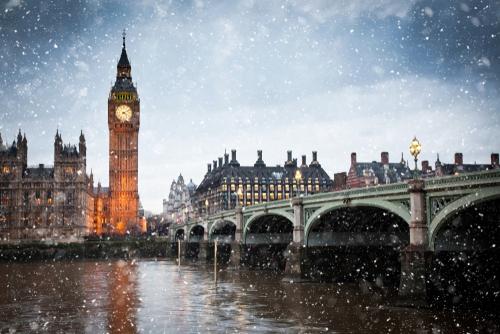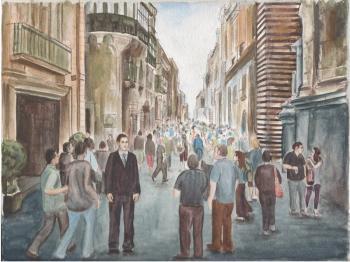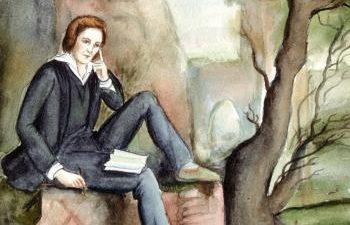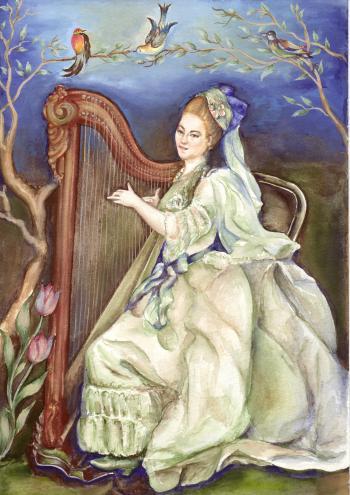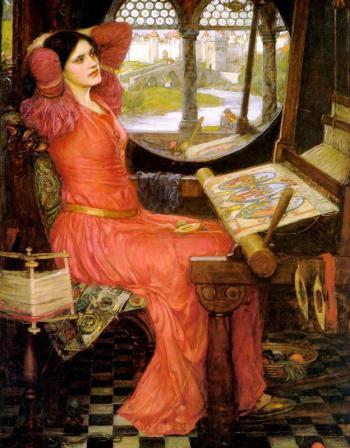An Excerpt From ‘London Snow’
When men were all asleep the snow came flying, In large white flakes falling on the city brown, Stealthily and perpetually settling and loosely lying, Hushing the latest traffic of the drowsy town; Deadening, muffling, stifling its murmurs failing; Lazily and incessantly floating down and down: Silently sifting and veiling road, roof and railing; Hiding difference, making unevenness even, Into angles and crevices softly drifting and sailing. All night it fell, and when full inches seven It lay in the depth of its uncompacted lightness, The clouds blew off from a high and frosty heaven; And all woke earlier for the unaccustomed brightness Of the winter dawning, the strange unheavenly glare: The eye marvelled—marvelled at the dazzling whiteness;
The snow falls, flake by flake, and the familiar landscape of the city is transformed. Every year it happens like clockwork; every year we gasp as if beholding a wonder for the first time. We may shiver in our boots, and curse the ice as we slip on the street, but we cannot deny the magic of the shimmering white visitation all around us.Robert Bridges captures this perennial scene with a marvelous eye for detail, evoking the flurries of snow as they softly, indefatigably, cover each and every building. The opening lines suggest a movement into another dimension, into the realm of dream and discovery, for it is only when “men” are “all asleep” that the snow starts to float down.

